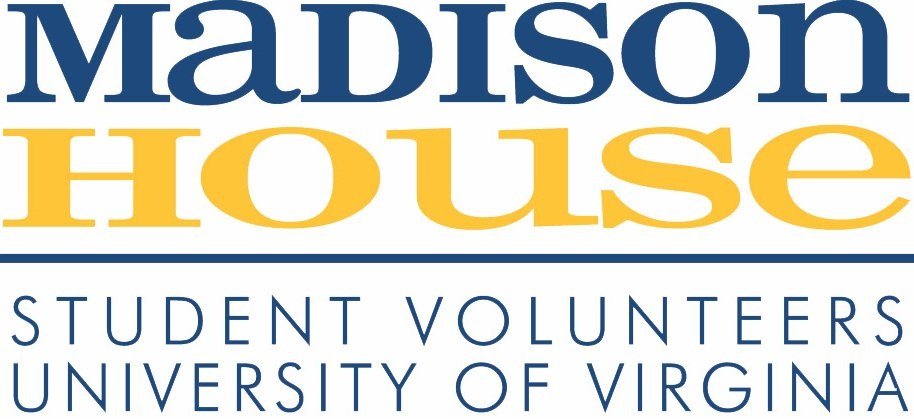The strong community that exists among the University’s students would be nothing without the support of the broader Charlottesville community. For that reason, Madison House directors and student volunteers have remained dedicated to serving the people of Charlottesville and supporting them through the most difficult times of the pandemic. Although Madison House’s volunteer services will function very differently than in previous years, many efforts will continue virtually in order to strengthen the Charlottesville community.
“Our programs will focus almost exclusively on virtual volunteering,” said Rose Cole, Madison House director of community engagement, in an email to The Cavalier Daily. “There will be some exceptions made for in-person volunteering based on community needs — focused only on medical services, food insecurity and food justice and support for essential workers — but we can’t begin in-person volunteering until we know how safe it will be.”








